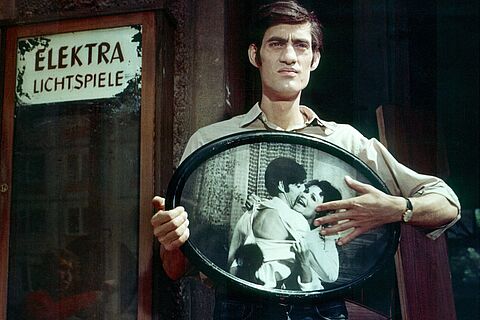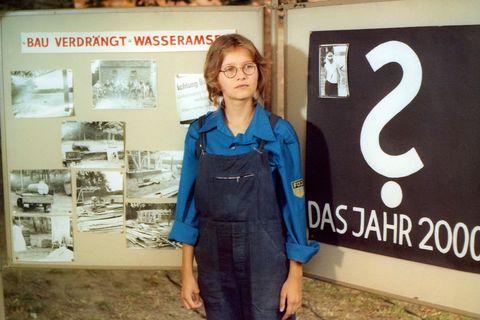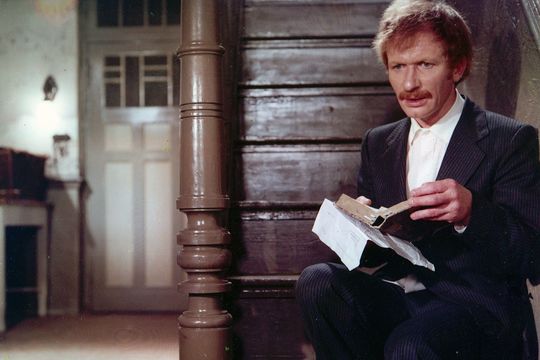DEFA (Deutsche Film Aktiengesellschaft) 1946 – 1990
The history of DEFA Studio did not end with the last film made for the state-owned film companies of the GDR. The exciting and eventful history of the production sites lives on and is continually reinterpreted and updated.
As a research resource, we provide important background texts and data collections for all DEFA enthusiasts at this point.





